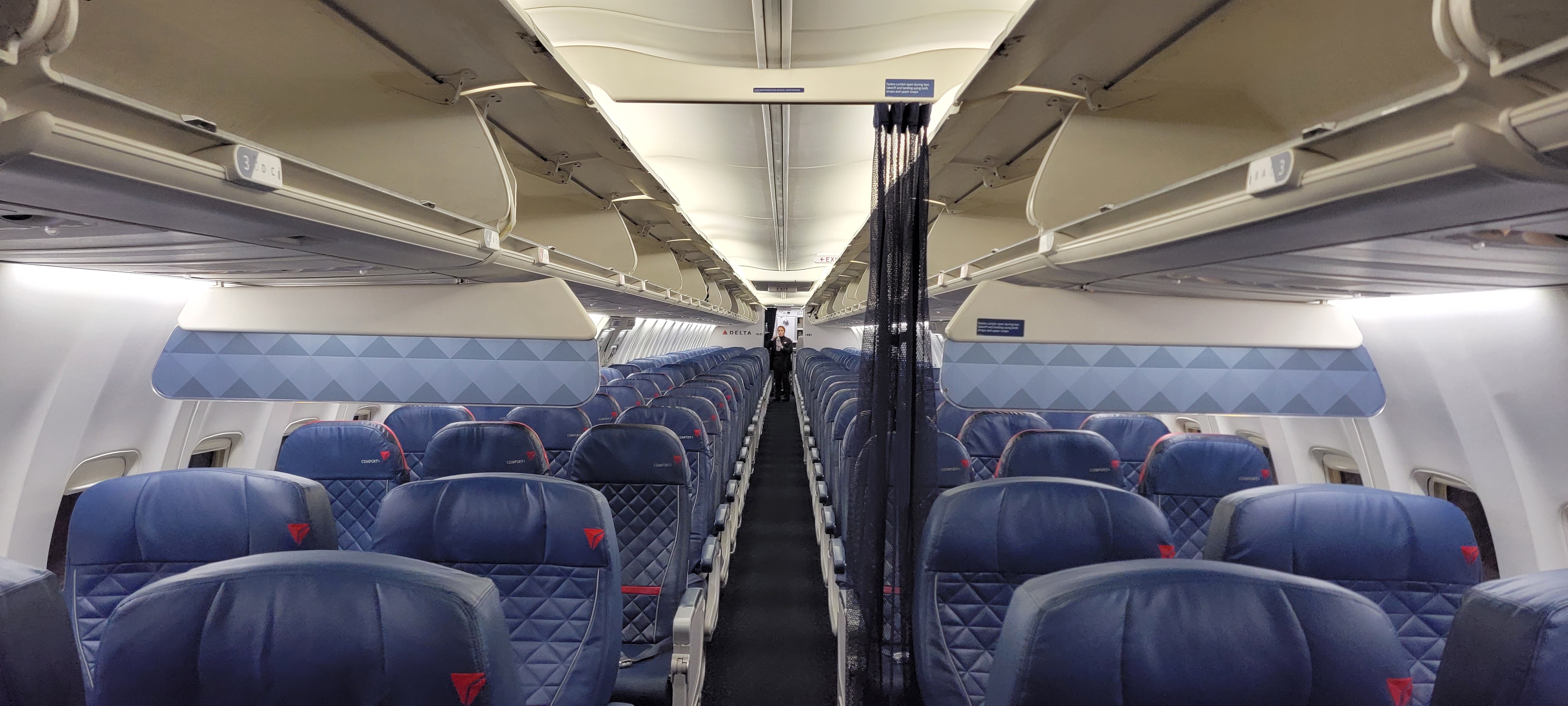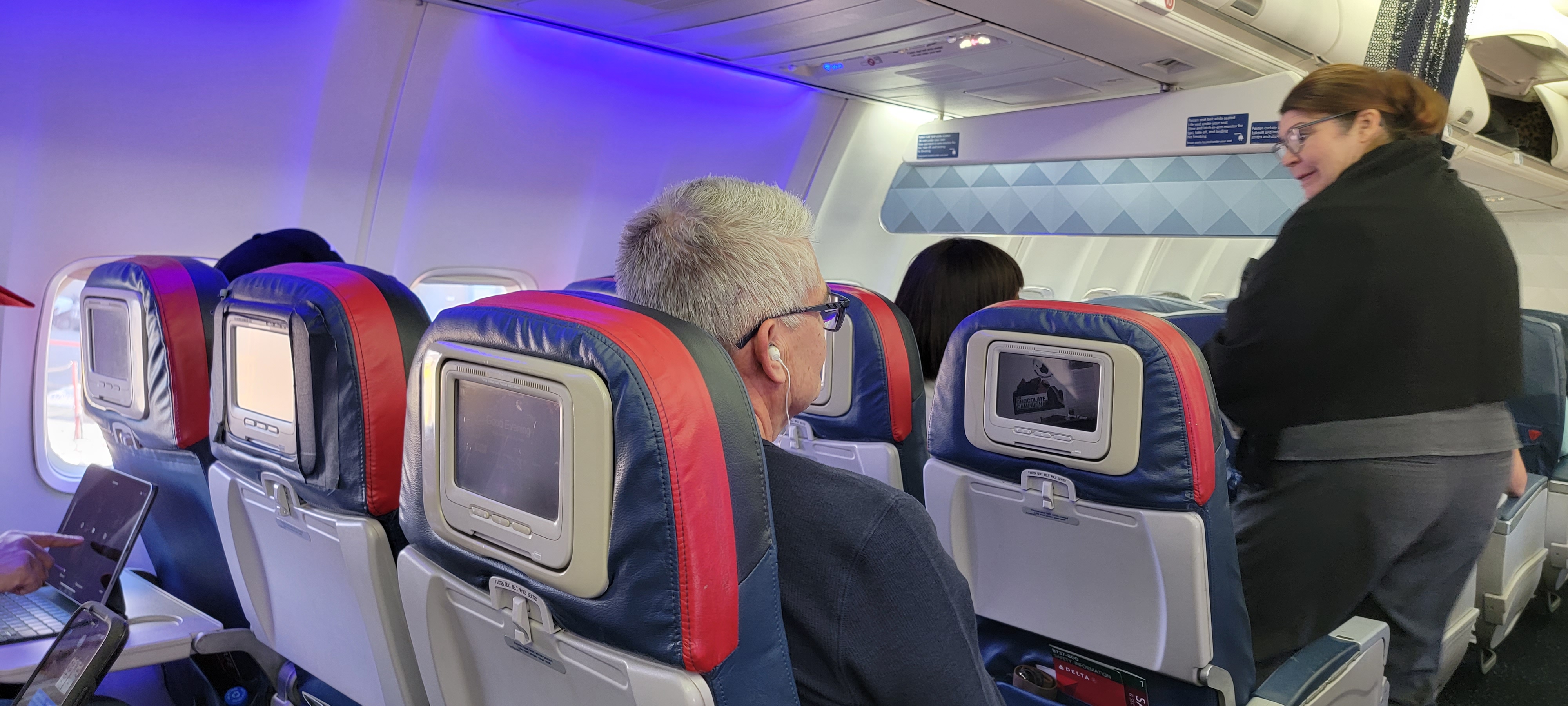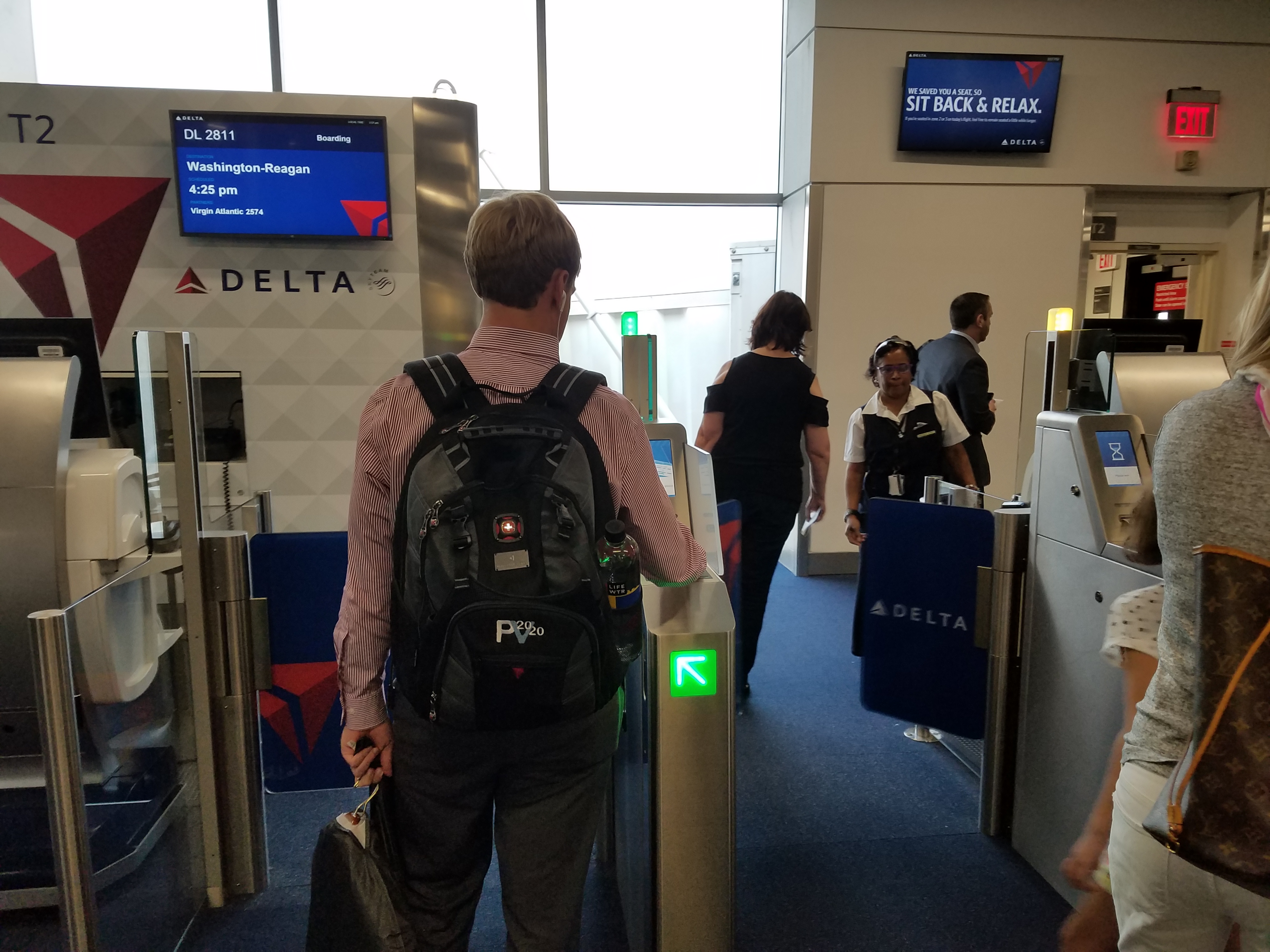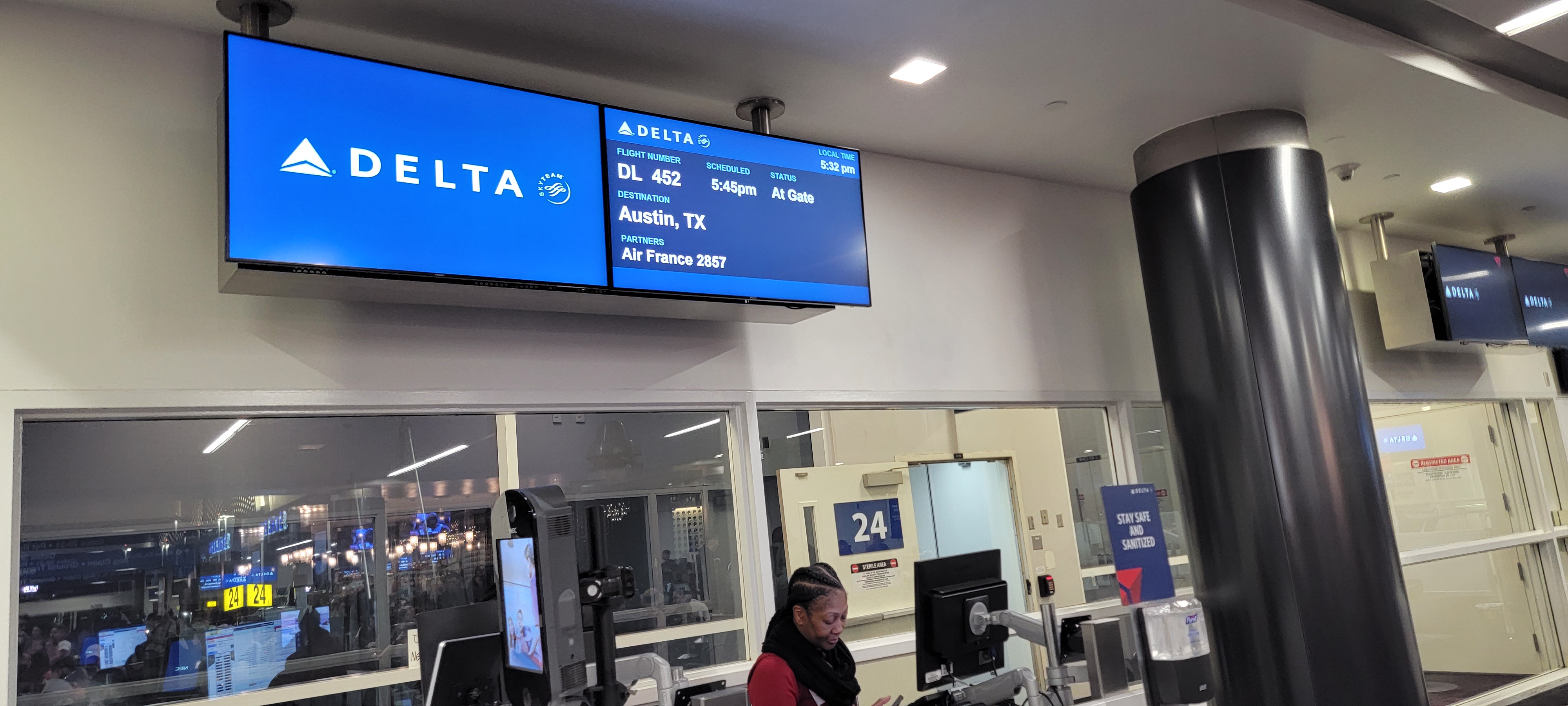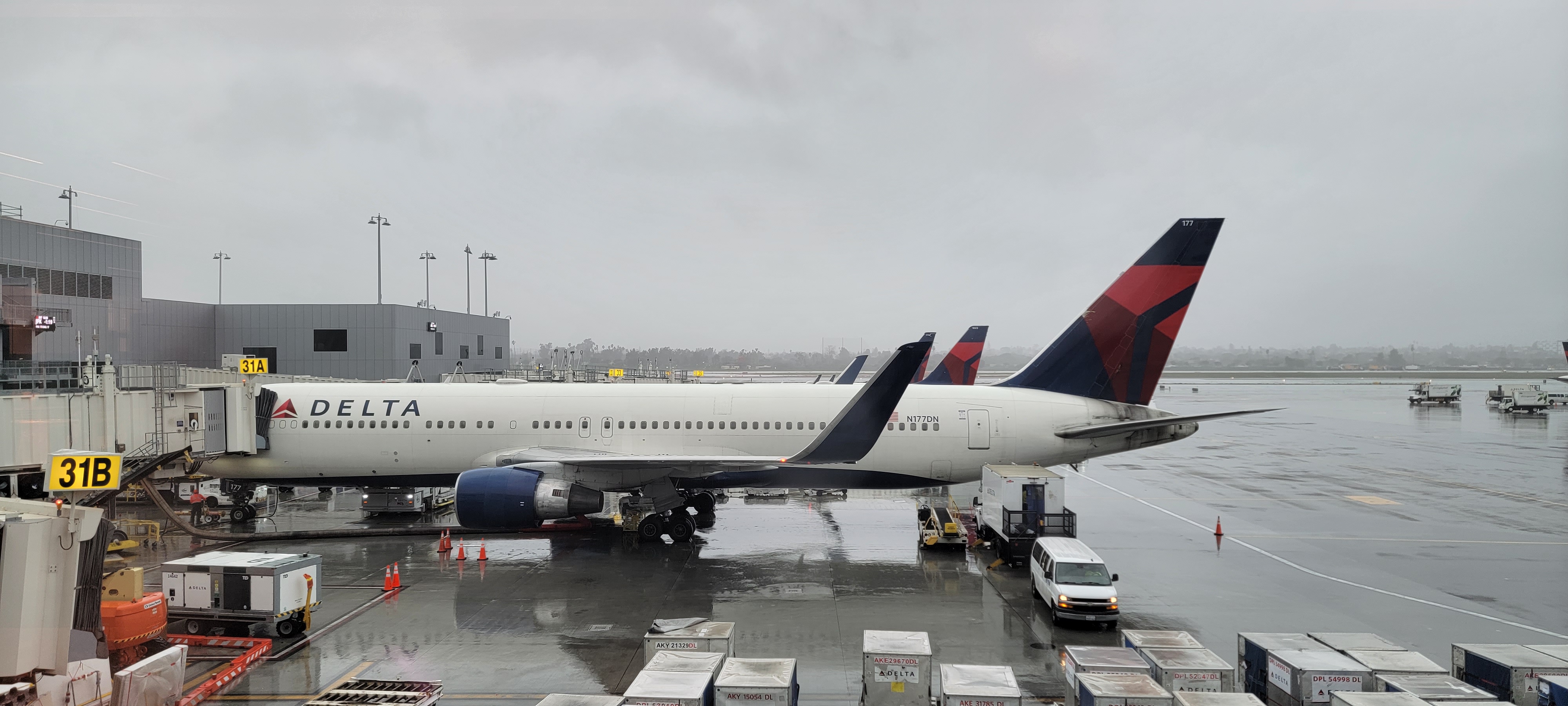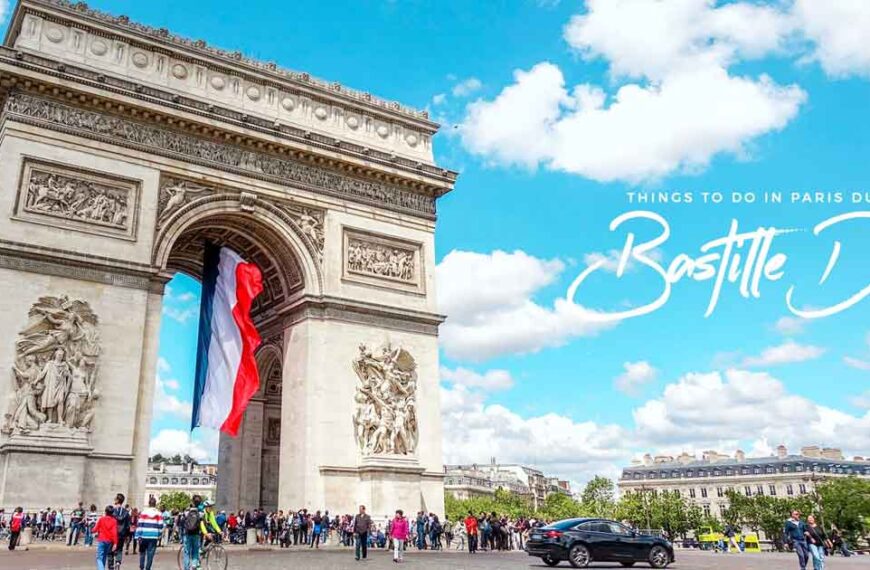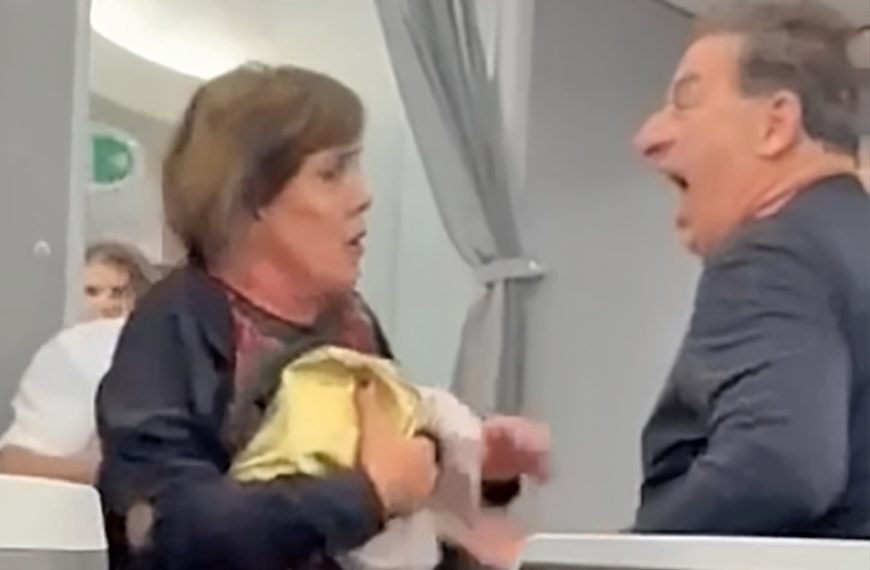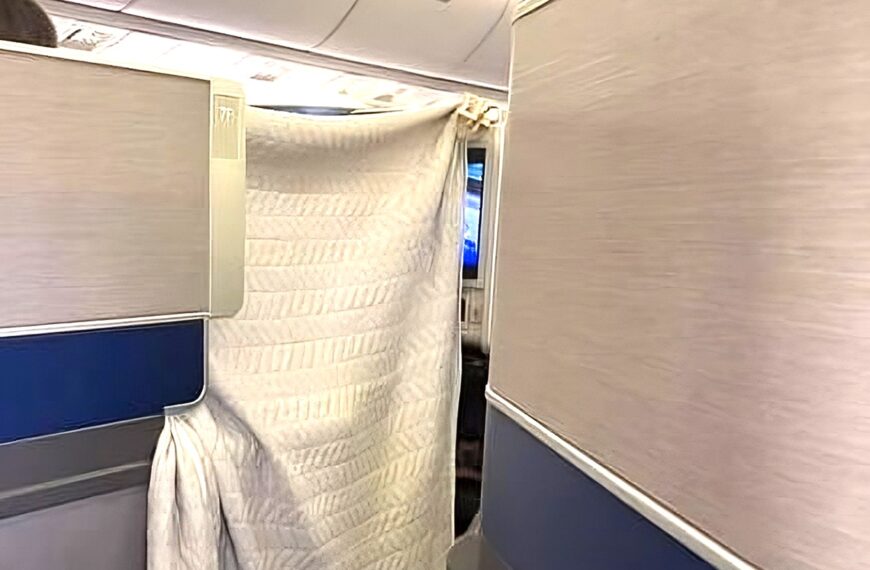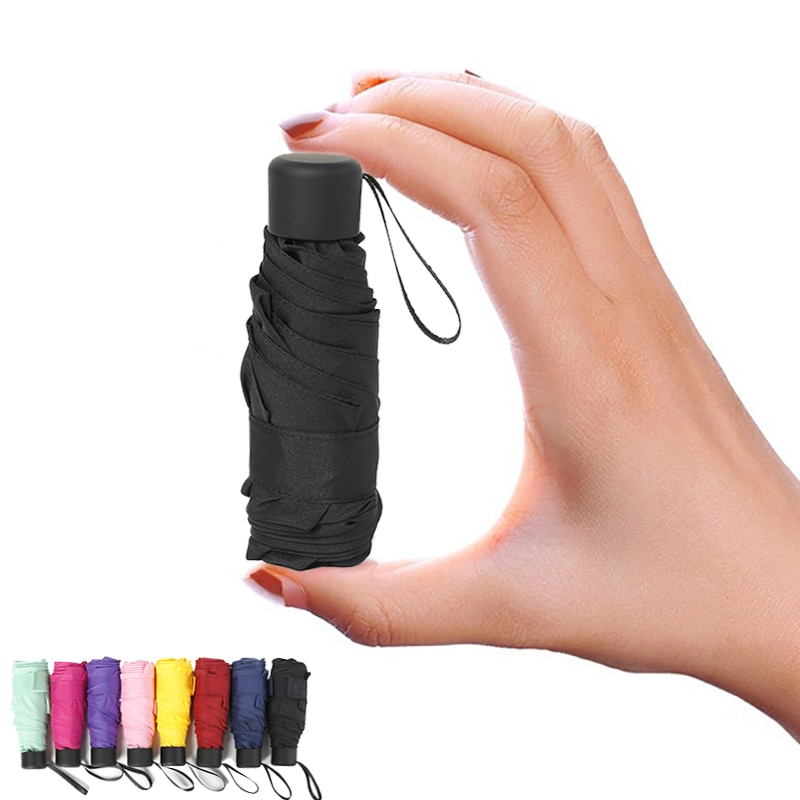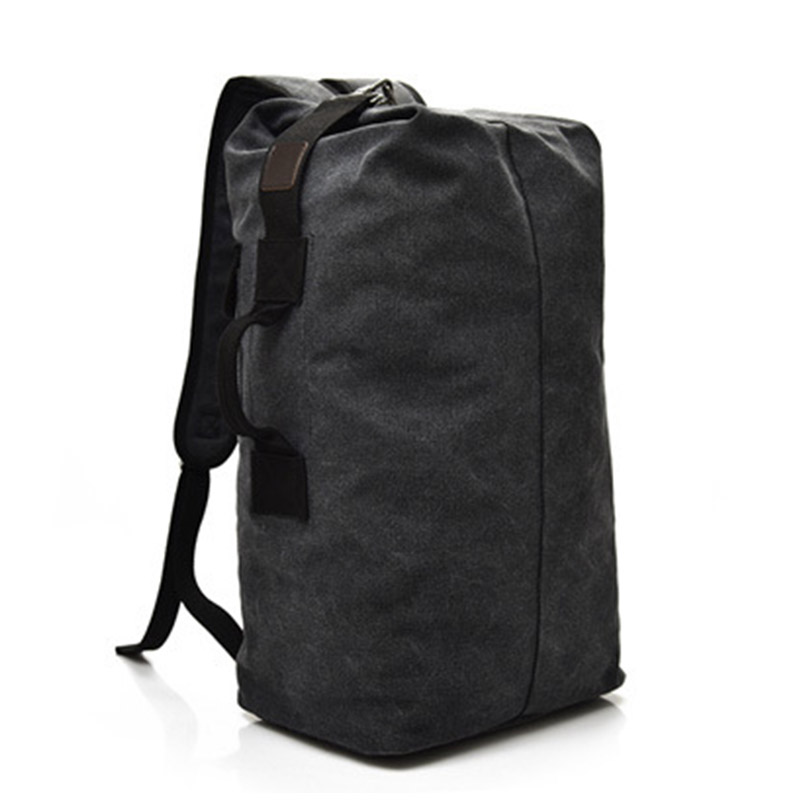On Monday morning Delta Air Lines was handing out $3,000 to passengers to take a later flight from Chicago to Seattle. It was the 7:50 a.m. departure the morning after Easter. And one passenger shares what happened after they had already boarded.
I boarded with Zone 2, grabbed my seat in Row 10, and settled in. Then a gate agent walks up to the front of first class—no mic, no big announcement—and casually drops what sounded like a travel myth:
“We’re looking for two volunteers to deplane due to fuel rebalancing issues. Compensation is $3,000.”
I barely even processed it before my hand was in the air. No hesitation. I wasn’t letting anyone else beat me to it. Another passenger raised theirs right after.
They were given a $2,000 credit and a separate $1,000 credit. The amounts were so high that Delta had to run it as two separate transactions. You are given a claim voucher and then go to the airline’s Choice Benefits portal to covert them to gift cards.
The airline had already been handing out $1,700 credits – to 22 passengers! – before discovering they needed two more passengers who each received $3,000 according to this customer. That’s $43,400 in compensation on a single flight!
What’s more, the rich payouts were for minimum inconvenience as “[s]ome passengers got rebooked by the gate agent on Delta and United flights just 2-3 hours later!”
This customer was headed to work, but actually told their CEO they blew it off for $3,000, “Figured you’d respect the ROI.” And they replied, “That’s better than our bonus structure.”
Delta offered $3,000 to get off a flight after boarding. I didn’t even think—I just threw my hand up!
byu/bag_o indelta
What’s amazing is that Delta was so generous in this case, for two reasons.
- If they were required to compensate passengers for the overbooking, the most they’d have had to pay a passenger is 400% of their one-way fare, not to exceed $2,150.
- However, Delta wouldn’t have been required to pay passengers at all for this flight. The overbooking was reportedly the result of an aircraft swap. It was a smaller plane, and Delta had fewer seats. And when that happens, airlines aren’t required to compensate passengers at all.
Delta doesn’t want ‘involuntary denied boardings’ and is willing to keep bidding up their offers until passengers willingly give up their seats which is really commendable.
In the first six months of last year, Delta involuntarily denied boarding to just a single passenger In contrast, American Airlines involuntarily bumped 6,832. American isn’t willing to make generous offers to customers to give up their seats, does the minimum required by law, and involuntarily bumps more passengers than all other U.S. airlines combined.
As a passenger, it’s important to consider game theory in situations like this. Everyone who gives up their seat is going to get the highest amount offered. You just need to get in on this before other passengers do. One Delta passenger received $5,000 for giving up his seat twice in the same day.
With supervisor approval, the airline will go up to $9,950 in compensation for passenger. If you form a cartel and everyone holds out, Delta keeps bidding up the offer. Can you get everyone to hold out, so that all volunteering passengers get a bigger payday? If you honor the agreement to hold out, and others defect, they get paid and you do not. That’s the essence of OPEC.
It’s important to consider also how your loved ones or your employer will react to your skipping a flight to see them. One woman was furious with her boyfriend for taking $2,000 from Delta and delaying seeing her. He should have taken a Coasian approach and split the money with her, spending some of the money on a present. (“I did it for your, sweetheart…”)

